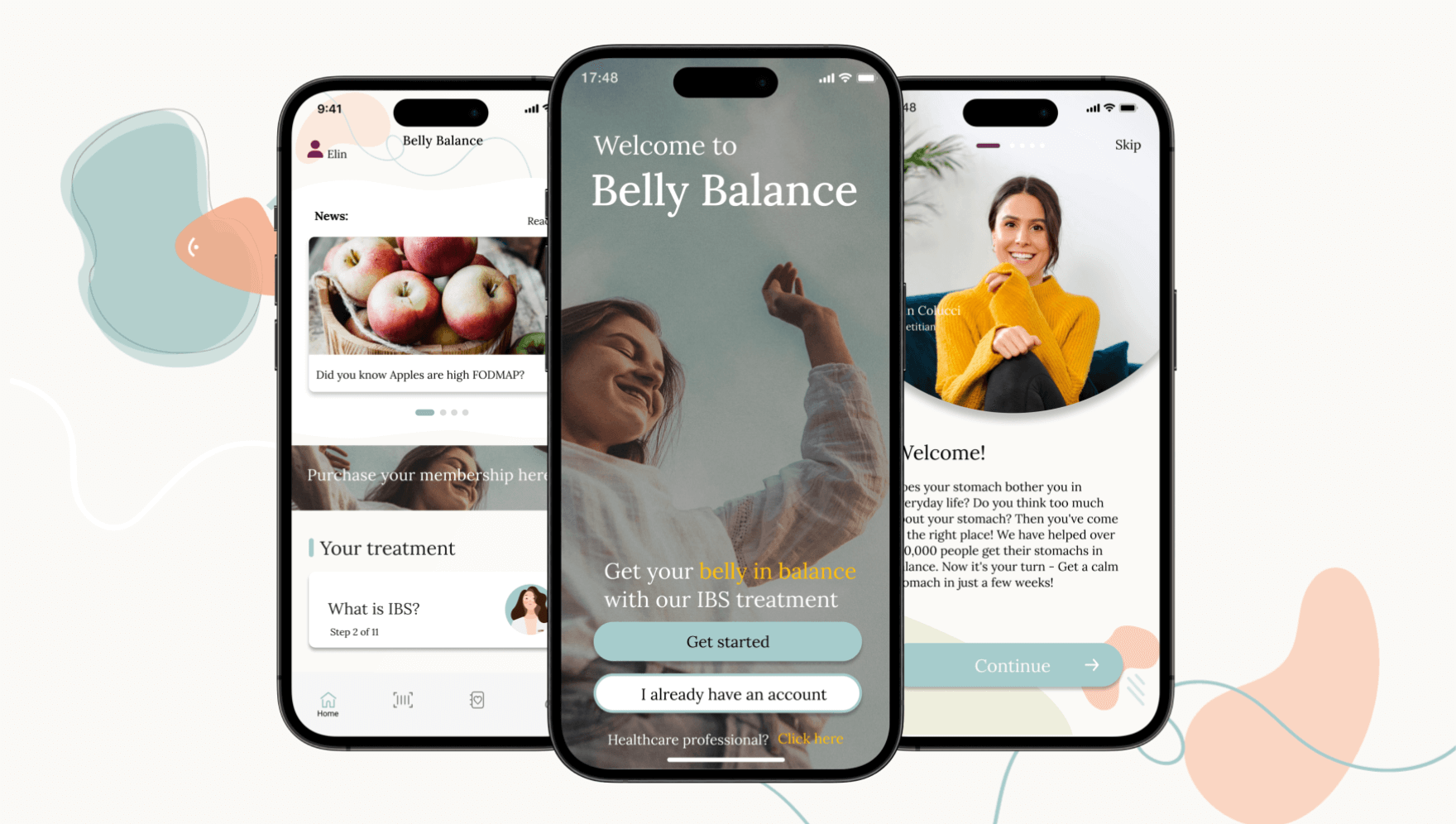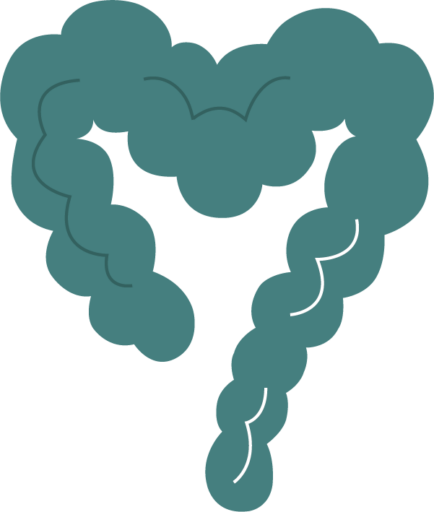
Bloating
Does your gut swell up like a balloon after lunch? Or perhaps after all meals? Have you tried figuring out what triggers a bloated gut without really grasping what causes the gas that can create discomfort in the form of both pain and bad odour? It could be that you, just like more than 13 million Brits, have IBS.
IBS or Irritable Bowel Syndrome is a functional gastrointestinal disorder, meaning that no faults can be found in the gut or intestines. They just don’t function quite as they should. Approximately 15-20% of the world’s population has IBS, and the majority of those seeking treatment for IBS are women aged 20-65. Among men, the number is likely underestimated, partly because fewer men seek medical attention. In children and young people, the number diagnosed with IBS is increasing. It has long been known that psychological factors play a role in IBS and that anxiety and stress can worsen the condition.
Causes of bloating
Research on IBS is ongoing, addressing both its causes and treatment. Previously, dietary recommendations were lacking in healthcare, resulting in general advice such as adjusting fibre intake, removing lactose, or, in the worst case, no advice at all. The causes of IBS are still not fully understood, with a hereditary factor of approximately 20-50%. There are several theories, including disturbances in intestinal motility, defective gas transport, a sparse filter in the nervous system between the gut and the brain, changes in the gut flora, and low-grade inflammation in the intestinal mucosa. Symptoms may include bloating after meals.
Most individuals report having had digestive issues for as long as they can remember, receiving a diagnosis around the age of 20, after a gut illness/infection, or following a period of prolonged stress or trauma. Many find that stress and anxiety worsen their symptoms, leading to the belief that the condition is purely psychosomatic. What is known is that multiple factors interact, and diet and stress play a direct and crucial role in IBS symptoms.
Treatment bloating
Standardised treatment for IBS has been lacking for a long time. For the past few years, the low FODMAP diet treatment has been available, which, according to scientific studies, helps 75% of individuals with IBS. For the best results, it is important to undergo the treatment correctly, with the support of a dietitian either in person or digitally. Belly Balance, led by dietitian Sofia Antonsson, has successfully treated thousands of individuals with the help of low FODMAP in recent years. The treatment combines dietary intervention with mindfulness, breathing exercises, and stress management.
Start your treatment today and experience how your symptoms can decrease within just one week!
Sofia Antonsson
Reg. Dietitian, Belly Balance
Take control of your IBS today!
Ready to reclaim your life from IBS? Our app provides the tools and guidance you need to manage IBS effectively.
Download the AppRead more about

IBS - What is it?
Bloated , constipated or having a gassy stomach? IBS or Irritable Bowel Syndrome is a functional gastrointestinal disorder, meaning no physical issues can be found in the stomach or intestines; they just don’t function quite as they should.

How the app works
Download the app and become part of our community. We assist you in achieving a calm and happy stomach through treatment and tools available directly in the app.

About FODMAP
By learning which foods upset your stomach, you can make conscious choices and get quick symptom relief. With the low FODMAP diet, you receive structured assistance in understanding which foods your body tolerates better than others. No more guessing and pondering – you get the answer straight away!

